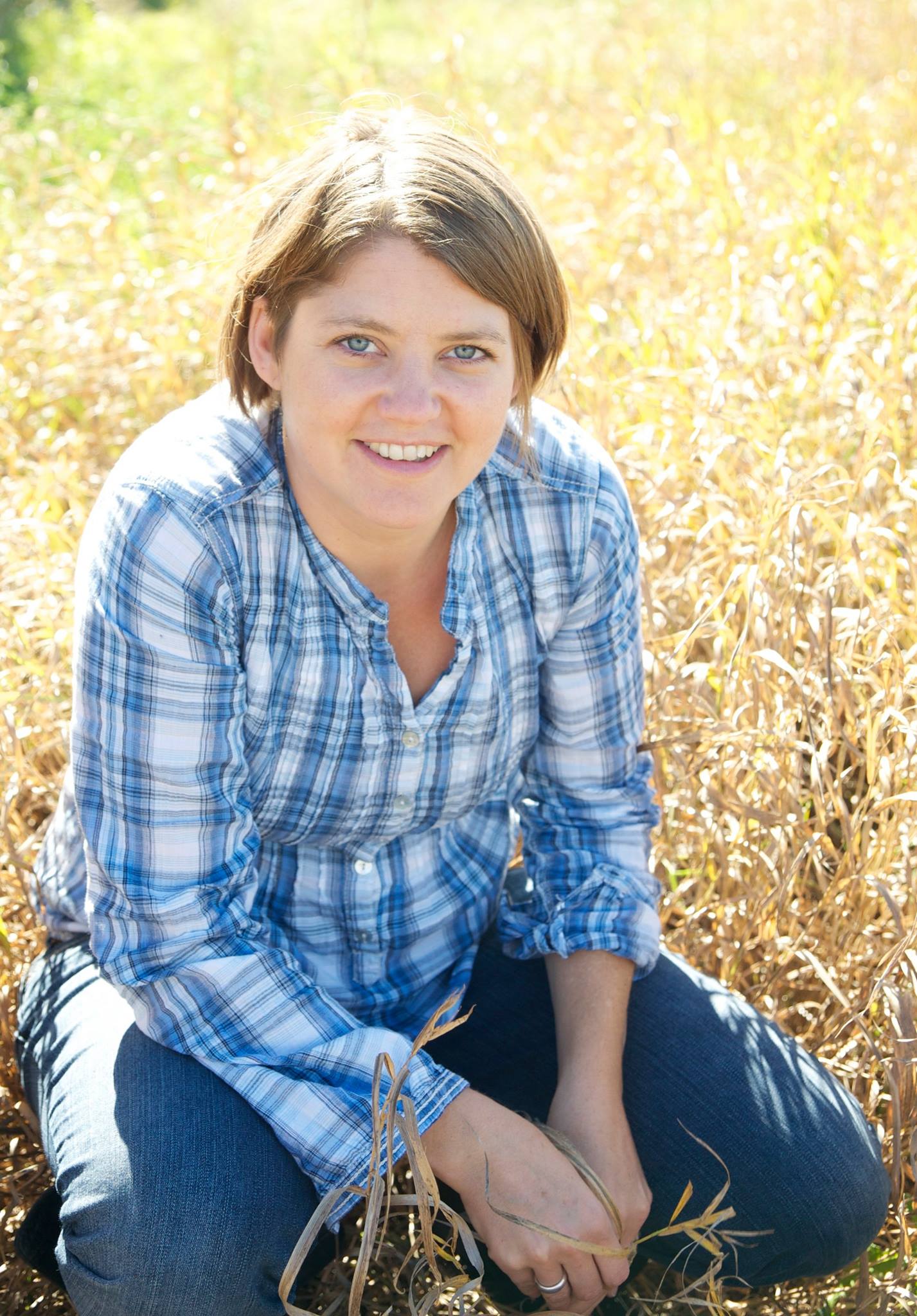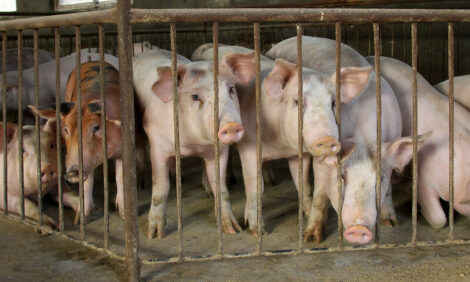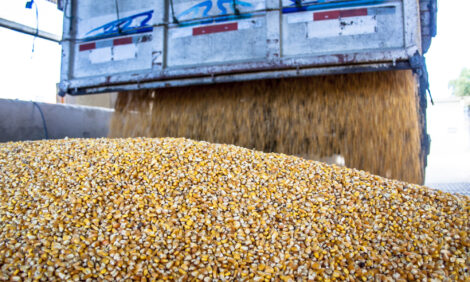



Scottish researchers awarded £16 mln to improve livestock genetics
Improved genetics will be used to help smallholder farmers in developing nationsScottish researchers dedicated to supporting smallholder farmers in the Global South through advances in animal genetics research are beginning a new phase in their endeavours, according to a press release from Scotland's Rural College.
The Centre for Tropical Livestock Genetics and Health CTLGH), of which Scotland's Rural College (SRUC) is a founding partner, has been awarded a further approximately* of funding to support its work over the next five years in bringing the benefits of research in genetics to livestock production in low and middle-income countries (LMICs).
Building on the success of the first phase of CTLGH’s work, the organisation has been awarded nearly £13m from the Bill & Melinda Gates Foundation and approximately £3.1m from the UK Government via the Foreign and Commonwealth Development Office (FCDO).
The funding will be applied in partnership with a global network of farmer-facing organisations, to deliver the benefits of genetic gains in dairy cattle, poultry and other livestock.
Experts at CTLGH’s nodes in Scotland, Kenya and Ethiopia will seek to apply insights from research into genetics to enable purpose bred animals that are more productive, healthy, feed efficient and resilient to climatic and environmental challenges, helping the livelihoods of tropical livestock producers.
The funding tranche supports the CTLGH’s current strategic plan, which will focus on the development of tools and innovations for resilient livestock smallholder systems over the next decade.
CTLGH’s founding partners – the Roslin Institute at the University of Edinburgh, SRUC and the International Livestock Research Institute (ILRI) – will focus on research, capacity building and knowledge exchange to leverage partnerships and deliver strategic objectives.
CTLGH was established to harness advances in genetics, genomics, animal breeding and data science that are driving and sustaining genetic progress in advanced economies, and apply them to livestock production systems in low- and middle-income countries (LMICs).
The launch of CTLGH’s new phase was announced at an event at ILRI’s headquarters in Nairobi, Kenya.
“Currently, 1.2 billion people around the world rely on livestock for income and food security; it is important for poverty alleviation and economic development," said Appolinaire Djikeng, director of CTLGH and chair of Tropical Agriculture and Sustainable Development, University of Edinburgh. "CTLGH is working to leverage the best of the science that the Roslin Institute, SRUC and ILRI can offer, and put that into the context of livestock development for smallholder farmers."
“Healthy, productive livestock that are equipped to withstand a changing climate and environment helps to realise the United Nations’ Sustainable Development Goals by enabling more efficient, resilient production systems in which fewer livestock are needed," he said. "We look forward to making a positive impact by translating discoveries from the lab into tangible benefits for many.”
“SRUC is delighted to continue to play a leading role in this important project," said Wayne Powell, principal and chief executive of SRUC. "For many years, we have ensured that livestock breeders benefit from breeding tools that are continually improved in the light of new research. Furthermore, our expertise in data and digital twinning – taking lessons from the SRUC-led Digital Dairy Chain – will be key to the future of the Centre as it helps farmers and addresses poverty in Sub-Saharan Africa.”
* £1 = USD $1.12







